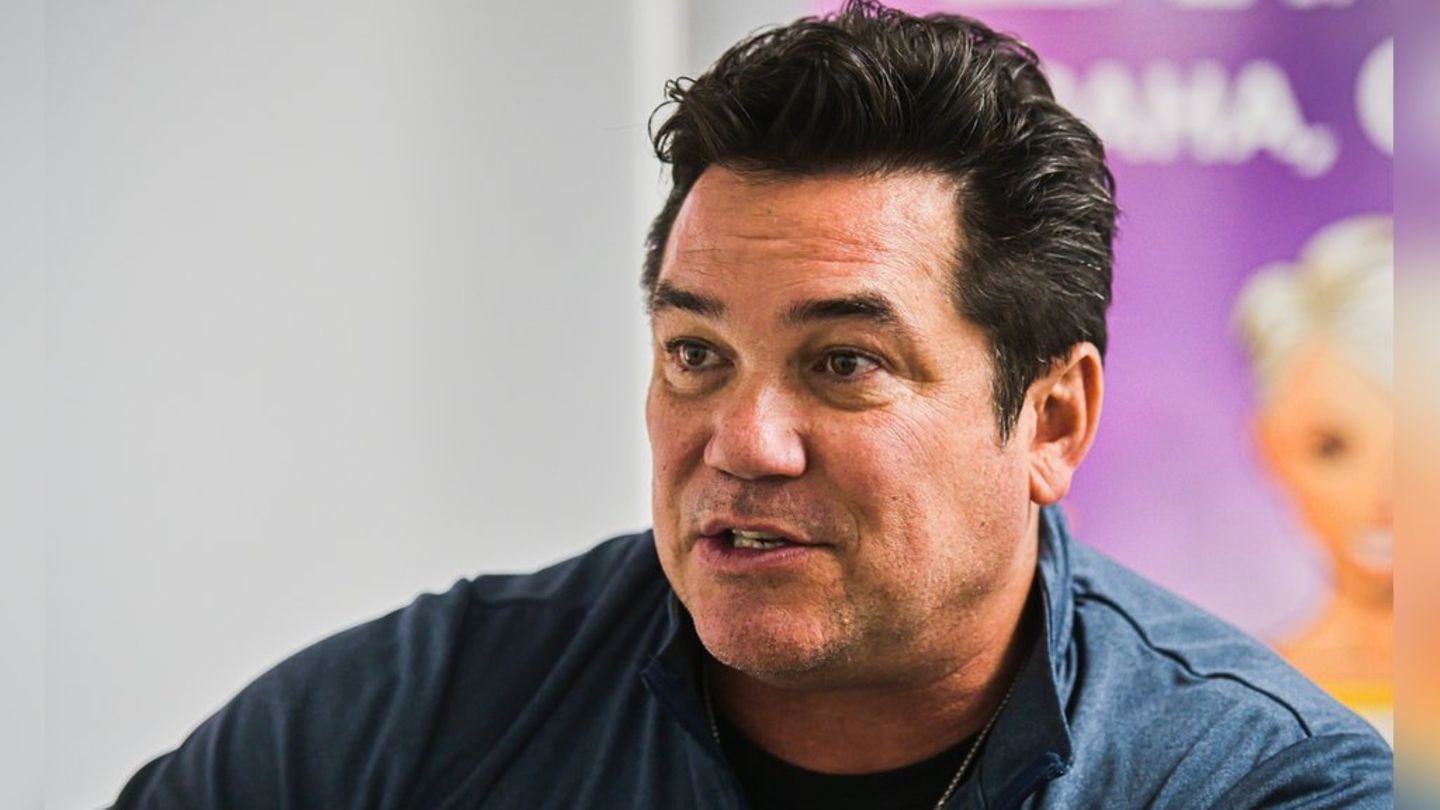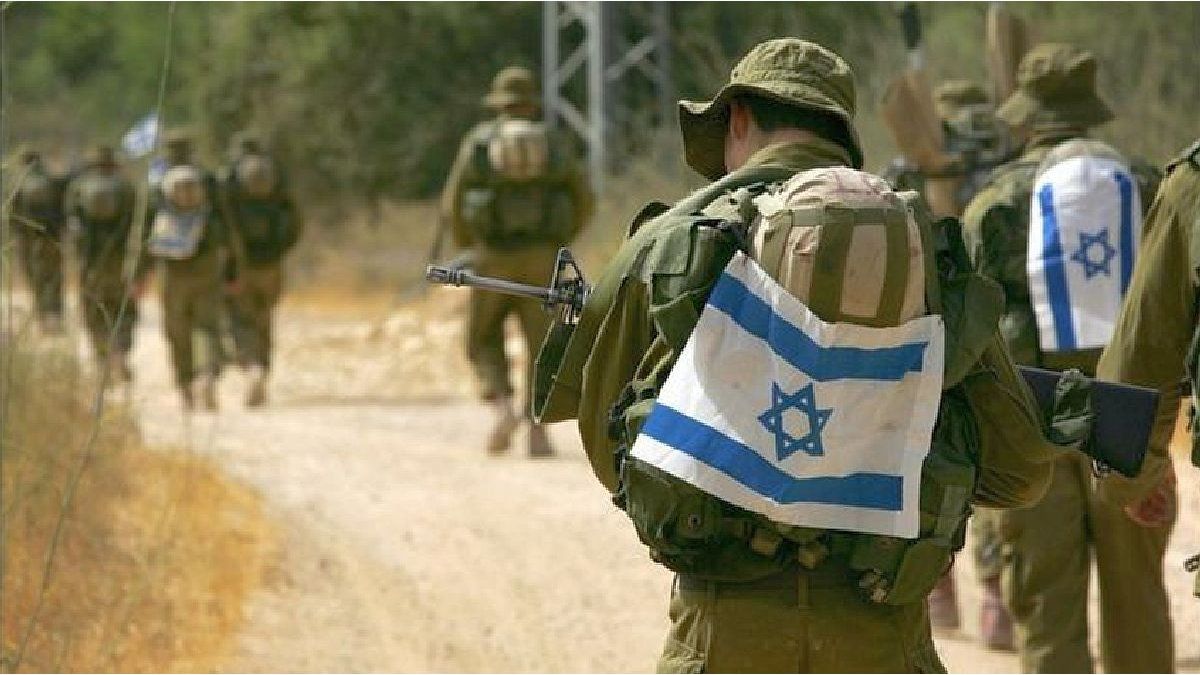The Greens suffered quietly under the traffic light coalition, with the exception of occasional outbursts. That is over. The new clear statements have to do with the shock of the European elections – but not only that.
Around a year before the next federal election, the Greens are starting their election campaign. “It is clear to us that things will not continue like this in a future government,” said parliamentary group leader Katharina Dröge to the “Süddeutsche Zeitung” (SZ). “The condition for the Greens to participate in the government will be that the partners treat each other with respect, trust, commitment and collegiality.”
Switched to attack
In other words: none of this can be said about the current coalition of the SPD, the Greens and the FPD. It is a declaration of bankruptcy and is one of a series of similar statements from the past few days. The party, which usually kept a low profile when it came to internal conflicts, has switched to attack.
In an ARD summer interview, party leader Omid Nouripour called the traffic light government “a transitional coalition after the Merkel era” and complained about a “strange desire” for conflict. The choice of words is no coincidence; the “transitional” formulation is used in a similar form twice. The Green Party’s first parliamentary secretary, Irene Mihalic, told Bild: “It makes the situation more difficult when one partner constantly publicly profiles itself against their own coalition.”
The federal election casts long shadows
This cannot be explained by the imminent elections in Saxony, Thuringia and Brandenburg – there is little for the Greens to gain here anyway. No, the reason is the federal election, which is beginning to cast a very early shadow. The regular election date is in September next year. An important Green member cites several reasons for the change in communication policy.
First, there is Robert Habeck, who has not yet been chosen but is now almost inevitable as the Greens’ front man in the next election campaign. He is now very vocal in his criticism of the FDP.
Most recently, he criticized the fact that parts of the reports on the draft budget were made public during the summer recess – for which Christian Lindner is responsible. “Such an approach always leads to someone losing face or having to retract their interpretation,” Habeck pointedly noted in the newspapers of the Funke Media Group, without mentioning the finance minister by name.
Better to speak plainly than to sugarcoat things
The wrangling over the budget, the laborious compromise that had to be renegotiated, is at least one of the straws that broke the camel’s back for the Greens. The party is also still reeling from the disastrous result of the European elections. Both supporters and citizens would prefer that problems be called by their name rather than glossed over, they say. And it could help in terms of credibility to do this early on.
Despite the more aggressive choice of words, it cannot be assumed that the Greens will pull the ripcord and drop out. This contradicts the party’s self-image as a state-supporting party, especially in view of the US elections in November. A possible election victory for Donald Trump would not least trigger uncertainty regarding continued Western support for Ukraine, which is very important to the Greens.
Habeck warned the traffic light parties against risking a premature end to the coalition. “It is not right to play around with new elections,” he told the newspapers of the Funke Media Group. It is not for nothing that the Basic Law states that a Bundestag is elected for four years.
Openness to the Union
As unpleasant as the current alliance with the SPD and especially the FDP is for the Greens, they are keeping their future open. “We will examine very carefully which coalition we will enter into after the next federal election,” emphasized parliamentary group leader Dröge. And with regard to her four expectations of a new government (respectful, trusting, binding and collegial): “The FDP and SPD can also fulfill these. But other constellations and coalitions are also conceivable – including with the CDU.” It remains to be seen which majorities are possible.
Party leader Nouripour also indicated his willingness to consider new constellations. “We have to be open after the general election, of course we can’t rule anything out,” he told the SZ. “Partly because the changes in the party landscape make three-party constellations more likely. The prerequisite for this is that everyone is prepared to bear the responsibility they are taking on in the long term and not constantly open up decisions.”
Source: Stern
I have been working in the news industry for over 6 years, first as a reporter and now as an editor. I have covered politics extensively, and my work has appeared in major newspapers and online news outlets around the world. In addition to my writing, I also contribute regularly to 24 Hours World.




